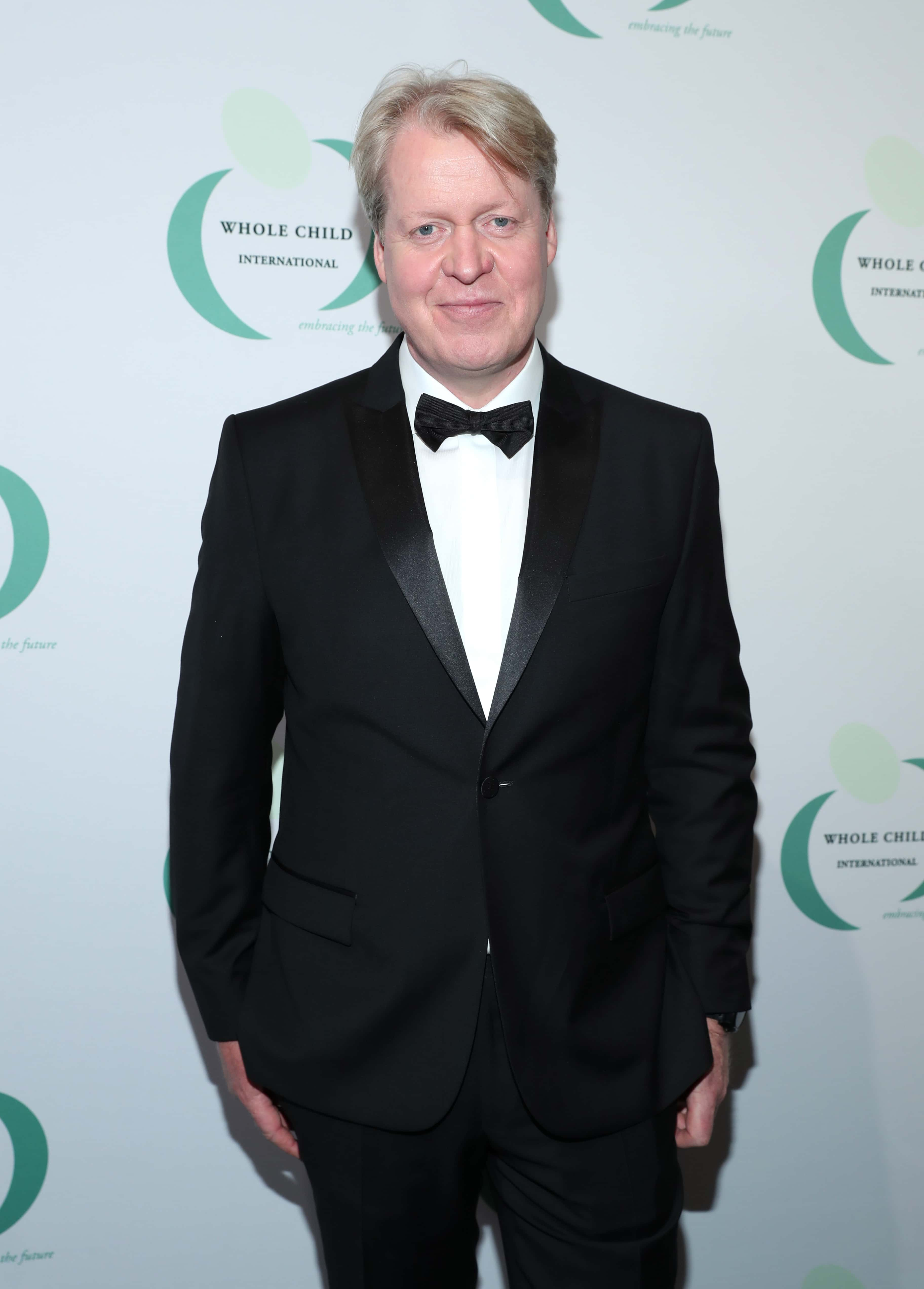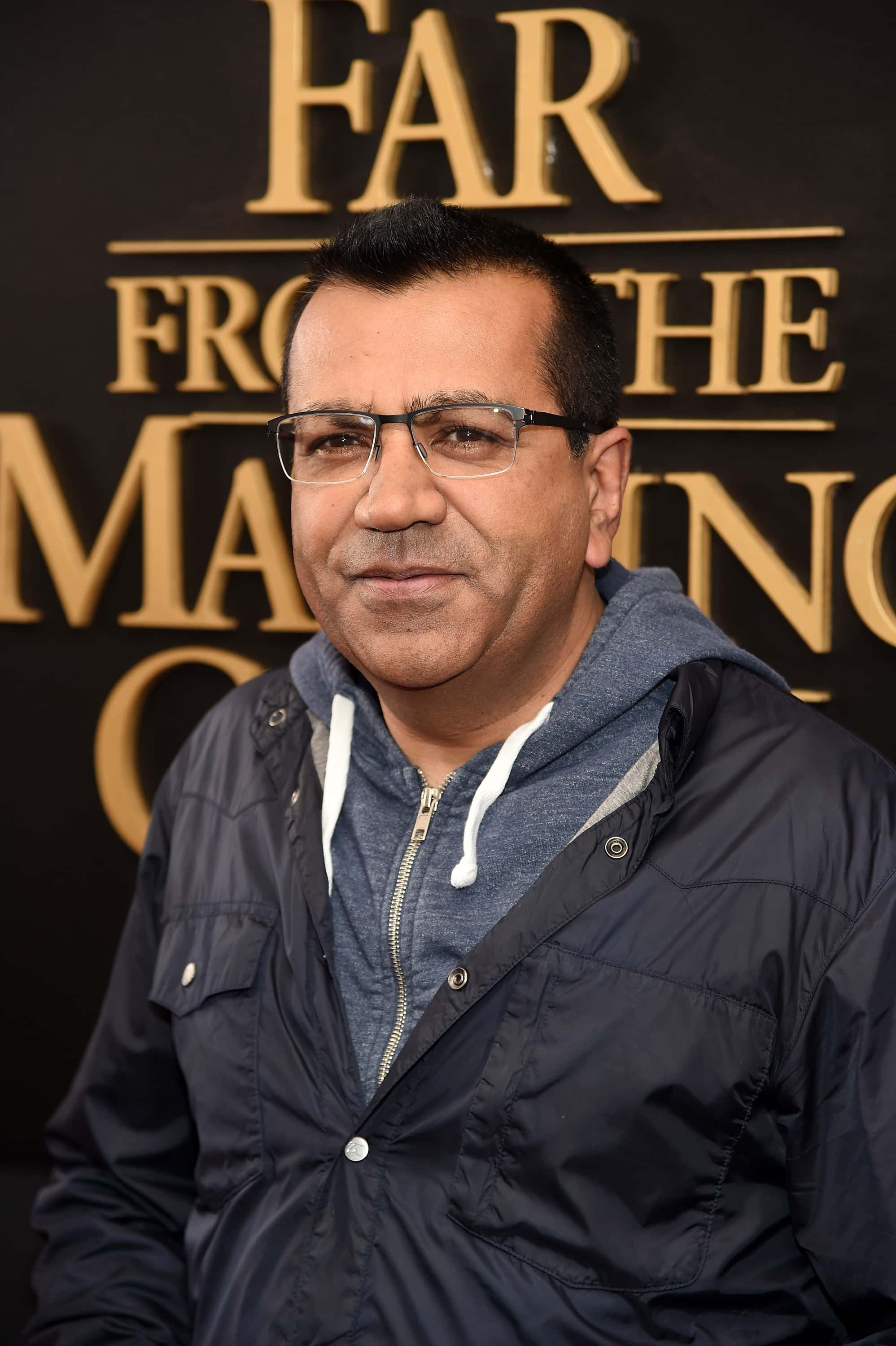What led to Martin Bashir BBC inquiry? Princess Diana's brother Earl Spencer kept file on disgraced reporter

A damning new report found that for Princess Diana's 1995 Panorama interview -- one that caused turmoil inside the royal family -- dubious means were employed by BBC journalist Martin Bashir to get access to the princess. Retired judge Lord Dyson, who led the inquiry, found that Bashir had breached BBC rules by making up fake bank statements to gain access to the princess.
By gaining access to Diana in this way, Bashir was allegedly able to persuade her to agree to give the interview. The report also claimed that the BBC covered up what it had learnt about how Bashir secured the interview. Lord Dyson said this "fell short of the high standards of integrity and transparency which are its hallmark".
READ MORE

What scoop led to the BBC-Martin Bashir inquiry?
British journalist Richard Kay, writing for the Daily Mail, spoke about what led to the inquiry. He said that it was during a visit to Earl Spencer’s home in November 2020 when he learned of the “most extraordinary first-hand account of the falsehoods, trickery and outright lies Bashir had employed to entrap the princess into giving that interview.”
The younger brother of Diana and the maternal uncle of Prince William, Duke of Cambridge and Prince Harry, Duke of Sussex, Kay said, had a file containing 37 pages of “notes, letters, and memorandums that Spencer, a meticulous reporter and historian himself, had carefully assembled.” He called them the “Althorp Papers”, documents that would reportedly cast a long shadow over the journalistic reputation of the BBC and Bashir.
These would be published on the Mail soon and would lead to the BBC examining its own interview and later on, the inquiry. Kay wrote that Earl Spencer had found one common thread that fed Diana’s suspicions that she could trust no one, be it her staff, servants, or even her friends. The fear that they were all betraying her came from Bashir. “Everywhere she went, Bashir told her, she was being followed; her telephones were bugged, so too was her car and her conversations were being eavesdropped on. It was as mendacious a trap as it was sophisticated – and Diana fell into it completely,” the journalist wrote.

Earl Spencer’s decision to go public after 25 years since the interview was, per the journalist, “part frustration at the BBC’s refusal to engage with the evidence he had amassed about Bashir’s journalism” and part fury at the “mealy-mouthed apology” he’d received in October 2020 from BBC’s director-general Tim Davie over Bashir’s use of fake bank statements in obtaining the interview.
It was Earl Spencer who facilitated Bashir’s introduction to his sister. The journalist said that Diana’s younger brother had kept a file of every contact he had with Bashir, from notes taken by his secretary of telephone calls from the reporter to faxes, letters and even a thank you card he had sent. Of these, the most important, Kay said, were the eight pages torn from a spiral-bound notebook on which Spencer had written “Martin: 19/9/95. At Samantha’s flat.”
This was when he had arranged to introduce Bashir to his sister. By then Bashir had already seen Spencer on two previous occasions and it was at the last of these that he had shown him what appeared to be a bank statement that reportedly showed two senior royal aides, Patrick Jephson, the princess’s private secretary, and Commander Richard Aylard, who held the same position in Prince Charles’s office, had a Channel Islands bank account in to which they had received money. “The awkwardness of how he was holding it stuck in my mind,” Earl Spencer said of why he felt suspicious of Bashir.
Diana’s brother also said Bashir made more astonishing claims, including that the then 15-year-old Prince William had been given a watch with a listening device so his mother could be secretly recorded, and how Prince Edward was being treated for AIDS.










